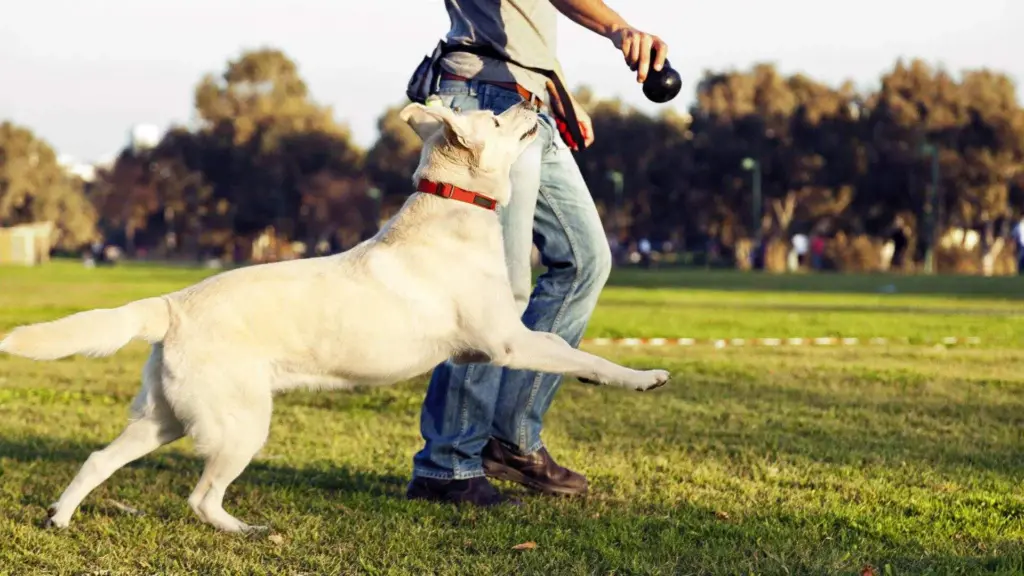Have you ever watched a dog trainer and thought, “I could do that!”? Well, you might be right! The truth is, the demand for skilled dog trainers is barking mad these days (pun intended)’. With more and more people welcoming furry friends into their homes, the need for professional guidance to navigate doggy dramas is higher than ever.
But becoming a top-notch dog trainer takes more than just a love of pups and a pocketful of treats. It’s a profession that requires dedication, knowledge, and a whole lot of patience.
Calling all Canine Communicators: The Essential Skills for Dog Training Success
Think you’ve got what it takes to become a canine confidante? Here are the key ingredients for a successful dog training recipe:
- Doggone Passion: This one’s a no-brainer. You need to be absolutely passionate about pups and their well-being. After all, working with dogs can involve some less-than-glamorous moments (think “accidents” and chewed-up furniture) so a genuine love for our furry friends is essential.
- Patience of a Saint Bernard: Canine communication isn’t always as clear as a bark. Be prepared to decipher subtle tail wags, decipher doggy body language, and remain calm and collected even when faced with the most stubborn or energetic pups.
- Top-notch Teaching Techniques: Effective dog training is all about positive reinforcement and clear communication. You’ll need to master a toolbox of training techniques to help pups learn and behave in a way that fosters a happy and harmonious relationship between them and their humans.
- Empathy by the Earful: Stepping into a dog’s world requires understanding their emotions and motivations. A good dog trainer can see things from a dog’s perspective and tailor their approach accordingly.
From Kibble to Knowledge: The Path to Becoming a Certified Dog Trainer
So you’ve got the passion and the patience – now what? Here’s a step-by-step guide to turn your love of dogs into a fulfilling career:
- Pawsome Preparation: Get hands-on experience by volunteering at a local animal shelter or rescue organization. This will give you valuable insights into different dog breeds, personalities, and behavioral issues.
- Find Your Fur-ever Mentor: Seek guidance from an experienced dog trainer. Shadow them, assist with classes, and soak up their knowledge like a sponge. A good mentor can provide invaluable advice and support as you navigate your dog training journey.
- Unleashing Your Potential: Formal Training and Certification
While formal education and certification aren’t always mandatory, they can definitely give you a leg up in the competitive world of dog training. Many reputable organizations offer dog training courses and certifications. These programs will equip you with the necessary skills and knowledge to become a professional dog trainer.
The Business of Barking: Startup Costs and Legal Considerations
Before you hang out your shingle and declare yourself open for business, there are a few practicalities to consider:
- Startup Savvy: Factor in the costs of equipment (leashes, collars, treats, etc.), marketing materials, insurance, and any business permits or licenses required in your area.
- Legal Leash on Life: Research local laws and regulations related to dog training businesses. You may need to obtain specific permits or licenses to operate legally.
Ready to Wag Your Tail and Fetch Success?
So, there you have it! With the right combination of passion, patience, and the knowledge and skills gained through experience and training, you can become a successful dog trainer and help pups and their people live happy and harmonious lives together.












